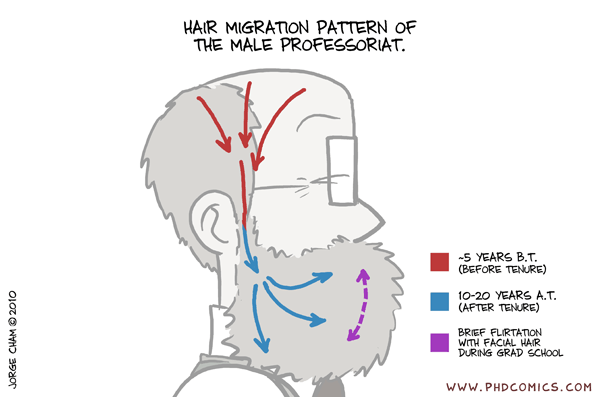There comes a point when you don't want to know.After reading that final sentence of the short story, "Roadkill," in the latest issue of the New Yorker, it felt most appropriate for me to put that magazine down, turn the lights out, and go to sleep. There was a lot for the mind to process.
In so many different contexts, I have wondered about that same sentiment that perhaps I didn't want to know anymore about whatever it was that I was interested in. Every bit of knowing something seems to take away that much more from the otherwise possible blissful state.
The short story experience was after I had read this essay, in that same issue, about the growing discontent in China over pollution. It was a narrative that was simple and direct. An accidental environmentalist, Wang Jun, says:
G.D.P. ... doesn't mean anything if you don't have life.You can see why I noted that my mind had a lot to process before drifting off to sleep.
The older I get, the more I am bothered by challenges like pollution and war and, the big picture of the human condition. What is it exactly that we are trying to do? As one of my graduate school professors often asked us, "what are you trying to maximize?"
I wish I could simply say I don't want to know.
For a few years now, I have always tried to make students in my classes think about whether it is worth all that to have China as the world's factory and, thus, have all the inexpensive stuff, when there is widespread pollution of unheard of proportions, which then ultimately is about the human condition there.
We are, by now, familiar with the level of pollution in Beijing or Shanghai. And slowly we are also getting to learn about how much "environmental damage is much worse in smaller industrial cities." Like at Handan, "which is two hundred and fifty miles to the southwest of Beijing."
Handan's average PM2.5 for the first half of this year was 130.5. By comparison, Beijing's was 101.3 and Manhattan's was 8.3. The W.H.O.'s guidelines say that any particulate matter is harmful, but it sets a PM2.5 target of 10. In other words, the concentration in Handan was thirteen times worse than W.H.O.'s target.There comes a point when you don't want to know.
I am, of course, not the only one to make jokes about whatever awful situation that I am in. As much as I make fun of my hassles such as the solitary state, the people in Handan have their own ways of trying to laugh through this misery:
There's a joke that a Handan person went to Switzerland and the air was so good that he began to feel sick from all the oxygen ... So they quickly hooked up a tube to a car's exhaust pipe and he sucked on that for a while until he felt better.Can't laugh though, can you?
As I tell students, as if I have to do full disclosures even though I am not required to, I am not even an environmental nutcase and even I am deeply troubled by all these. It is not any drive within me to retain everything in its pristine condition and I understand that there will have to be tradeoffs. But, we certainly seem to be giving up way too much in order to make sure that we can have the cheapest possible iPhone.
Earlier this morning, before beginning to blog about these, I read the interview with Romesh Gunasekara, the author of "Roadkill." He notes there:
Art is forever trying to capture the fleeting moment, but this moment—post-war Sri Lanka—has an urgency that will not wait much longer. The past, the future, and even the present are unclear, but soon there will be a dominant narrative of these times, which will make it more difficult to remember those uncertainties.In my classes, too, I try to help students make sense of the fleeting moment. I suspect that most do not pay any attention to me, which is the norm anyway. Perhaps they are already practicing the idea that there comes a point when you don't want to know? Maybe they are wiser than me.
 |
| Caption at the New Yorker: A newly built residential development in Handan on a typical morning, shrouded in thick smog |















